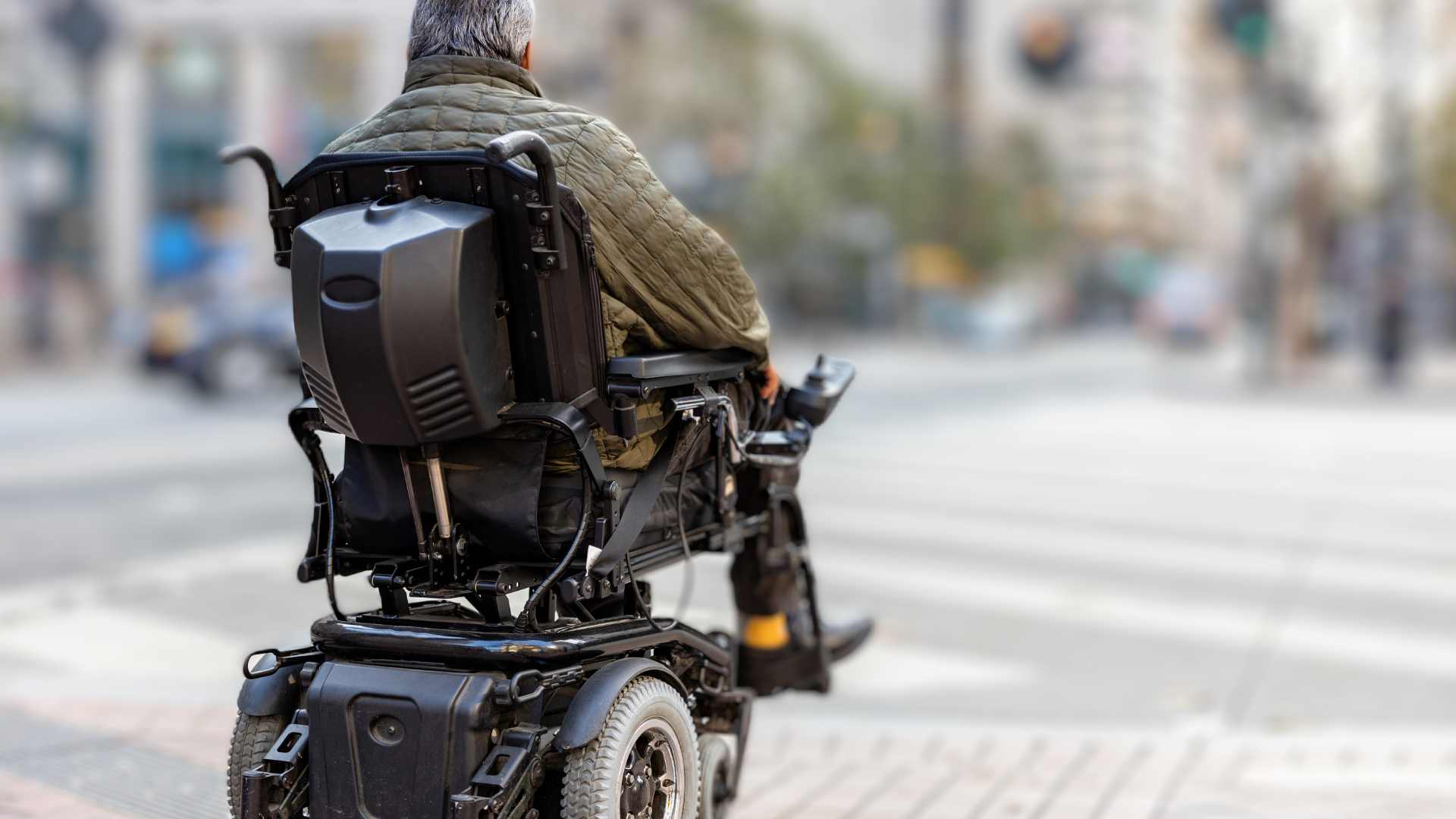
Boston Globe and more: PE’s stranglehold on medical equipment
February 9, 2024
A report from the Private Equity Stakeholder Project and the National Disability Rights Network (NDRN) highlights specifically the toll the PE business model has on people who rely on costly and necessary instruments, known as Durable Medical Equipment (DME), which includes wheelchairs, respiratory technology, and other tools needed to manage chronic conditions and disabilities.
PE firms have increasingly bought up DME companies and consolidated them, using debt-funded growth strategies to achieve market dominance. The resulting companies are highly indebted, and are now seeking ways to cut costs to achieve the outsized returns demanded by their private equity owners.
Multiple publications covered the findings of this DME report and the concerns with private equity’s control of the medical equipment sector.
Boston Globe January 17, 2024: Scrutinize private equity’s involvement in health care
“For example, in the wheelchair market, reporting by Mother Jones and the financial watchdog Private Equity Stakeholder Project found that private equity-owned Numotion and National Seating and Mobility bought out their competitors, then won Medicare contracts by offering low prices. That led to less competition and also a need to keep costs low, whether by using lower-quality parts or hiring fewer repair technicians. (The companies acknowledge service challenges but blame factors like insurance requirements and labor shortages.)
Medical equipment is only one health care segment eyed by private equity. The Massachusetts Health Policy Commission released data in December that show that of 158 transactions involving health care providers between 2013 and 2022, 71 involved private equity firms, 29 of which occurred in 2021 or 2022. The majority of private equity transactions involved home health and hospice, behavioral health, and dental offices.
Eileen O’Grady, research and campaign director at the Private Equity Stakeholder Project, said private equity gravitates toward fields that are fragmented, where firms can buy up competitors. Home health and behavioral health are also growing markets, with an aging population and regulatory changes that provide more insurance coverage for mental health and substance use treatment.”
Healthcare Brew November 20, 2023: Private equity firms are buying up medical equipment suppliers, and it’s leading to patient harm, report says
“PE firms have increasingly bought up medical equipment companies over the last decade, which has led to cost-cutting strategies that, at times, can compromise patient care, according to a report from nonprofits the Private Equity Stakeholder Project (PESP) and the National Disability Rights Network.
‘Due to the private equity industry’s extreme focus on profit, patients are forced to endure potentially life-threatening delays, costs, and legal hurdles to access the equipment needed to manage their health,’ PESP said in a statement.
The report, released this month, focuses on durable medical equipment (DME) manufacturers, which make medical supplies like wheelchairs, blood sugar meters, respiratory equipment, and other supplies patients use to manage chronic conditions and disabilities. The DME industry was worth $60 billion in 2022, according to PESP.
‘As private equity firms continue to buy medical equipment manufacturers and suppliers, they have sought to cut costs to maximize outsized returns’ Eileen O’Grady, research and campaign director at PESP, said in a statement. ‘We have found these typical PE business practices result in quick profits for the firms, often at the expense of patients.'”
HME News November 16, 2023: REPORT: PE-BACKED COMPANIES BAD FOR PATIENTS
“A new report from the Private Equity Stakeholder Project and the National Disability Rights Network highlights the toll the PE business model has had on people who rely on durable medical equipment.
‘As private equity firms continue to buy medical equipment manufacturers and suppliers, they have sought to cut costs to maximize outsized returns,’ said Eileen O’Grady, health care director at PESP. ‘We have found these typical PE business practices result in quick profits for the firms, often at the expense of patients. People reliant on DME have seen their local DME shops gobbled up by corporate chains, faced fraudulent billing practices and struggled to access repairs. Several private equity-owned DME suppliers have challenged right-to-repair legislation, exacerbating delays in accessing repairs for the equipment essential to their daily lives.'”
